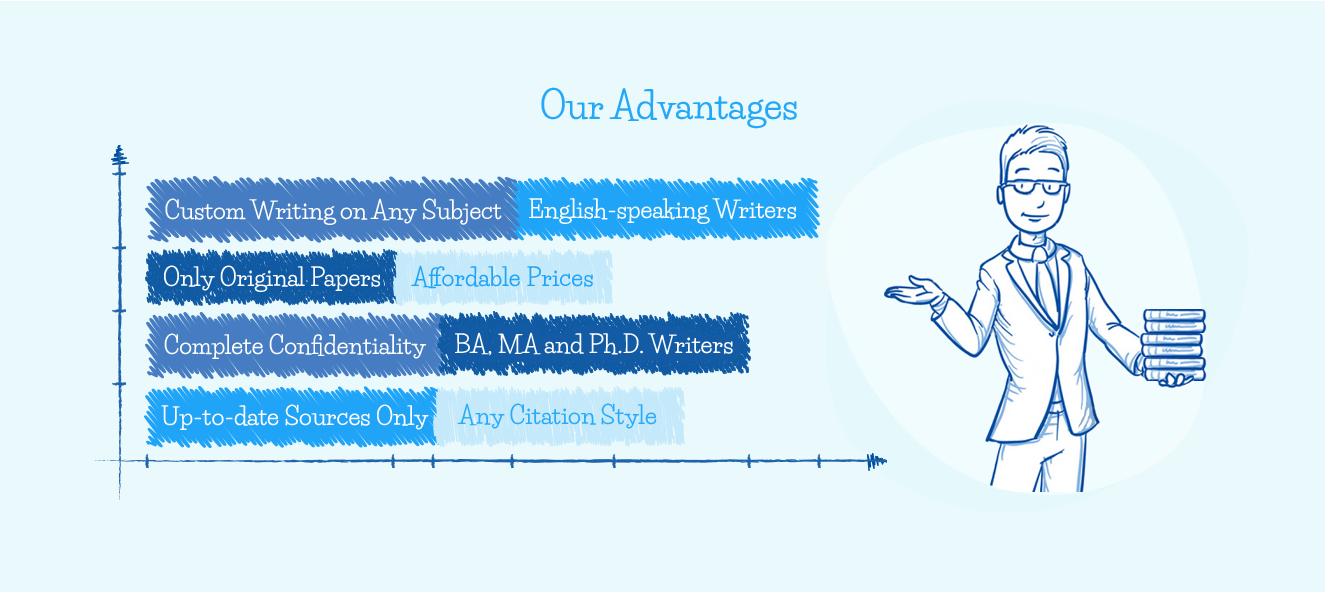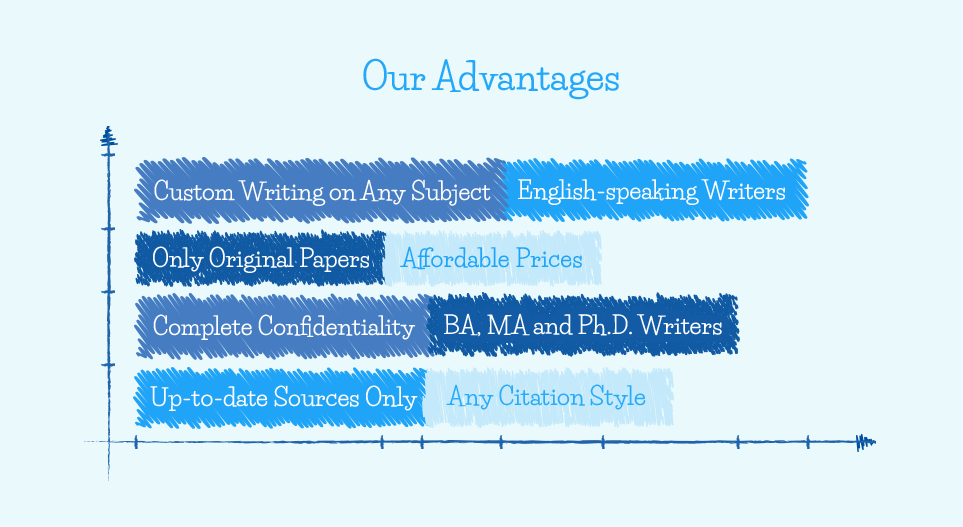Todd Willingham’s Case Reaction Paper
A prosecutor is obliged by the law to provide evidence for probable causes against an accused individual in any court case. If the prosecutor offers reasonable grounds tying an individual to a committed crime, then the court can pass a verdict convicting the individual (Braswell, McCarthy, & McCarthy, 2017). Therefore, the role that a prosecutor plays in a case can be equated to the one played by the court since he is an officer of the court. With that said, one can look at the role that the prosecutor and the court played in the conviction of Todd Willingham.
Todd Willingham was sentenced to death after being found guilty of the murders of his three children through arson. For the commission of the crime, Willingham was sentenced to death in 1992, and the sentence was finally enforced in 2004. A close look at the case reveals that the prosecutor may have infringed some ethical standards required of him in a bid to make the court convict the suspect. Therefore, the judge, the jury, and the prosecutor might have played a role in the wrongful conviction of Willingham.
A prosecutor enjoys the immense power that provides him with a certain control over a suspect’s life. He decides which cases go to trial and which witnesses and pieces of evidence can be brought before the court. Prosecutors can also negotiate with suspects regarding the terms of reduced sentences (Braswell, McCarthy, & McCarthy, 2017). While carrying out their duty, prosecutors may sometimes misconduct, and such actions constitute a violation of ethical standards. A prosecutor is required by law to reveal all evidence they come across even if the proof is in support of the accused (Banks, 2013). The prosecutor played a significant role in the conviction of Todd by deliberately refusing to provide Willingham’s lawyers with the evidence that would have potentially changed the outcome of the case. Johnny Webb, a jailhouse informant who claimed that Willingham had confessed to the murder of his daughters, later sent a letter recanting his statement but the prosecutor held on to the initial message and insisted that there was no evidence favorable to Willingham’s cause. Therefore, the prosecutor infringed the Brady material law and interfered with the suspected person’s right to fair and due process.
A prosecutor is also expected to be honest and free of deceitfulness. In the case in question, the prosecutor used trickery and hypocrisy to get Willingham convicted. He did this through his plea bargain offer. An ethical plea bargain is offered when there is almost no doubt as to the suspect’s role in a given crime. However, the prosecutor, in that case, offered a plea bargain knowing too well that there were doubts about the guilt of the accused. When Willingham refused to accept that he had committed the crime in exchange for a life sentence, the prosecutor misconstrued the actions of the accused, considering them a show of defiance and lack of remorse for his apparent misdeeds.
The other role that the prosecutor played in the conviction of the suspect was reflected in the perjury when he willfully provided illegal false evidence against Willingham. He achieved this by bribing a convicted felon to falsely testify that the defendant had confessed to having used a flammable liquid for murdering his children. The informant later admitted that his testimony was false and that he only agreed to it after the prosecutor threatened to increase his jail term if he failed to frame the suspect. The court independently confirmed the validity of this testimony (Banks, 2013), but they failed, and this failure contributed to the conviction of Willingham.
The courts and the prosecution authorities have a moral duty to elude bias in favor of any person during a trial. The conviction of Willingham may have been based on the prosecutor’s bias and his witnesses against the defendant. Willingham had been previously arrested for minor crimes, and he was also known to be violent and abusive to his wife. The prosecutor and the court allowed the suspect’s previous conduct to affect their objectivity (Braswell, McCarthy & McCarthy, 2017), and therefore from the start their primary objective was to confirm Willingham’s guilty verdict. This bias might explain why the prosecutor quickly accepted the evidence given by the fire expert, without seeking a secondary professional opinion. Investigations that were performed in recent times proved that the suggestion that the fire had been a felony arson was wrong and they proved that the fire had probably started accidentally, which means Willingham may have been convicted wrongfully. This bias is also seen in the witnesses’ statements; most of them recanted their previous reports to make their evidence and testimony fit the purported guilt of the suspect.
How it works
Step 1
Visit our website and go to the order formStep 2
Fill in specific essay details in your order description sectionStep 3
Pay for your custom essay and get your order verifiedStep 4
Process of writing your academic assignmentStep 5
Editing and anti-plagiarism checkStep 6
On-time delivery of an already written essayThe prosecution played a considerable role in the wrongful conviction of the suspect. Willingham’s trial did not meet the requirement of a fair due process as required by the law. There have been numerous cases, where defendants have been convicted wrongfully. Prosecutorial misconduct, which violates both moral and ethical obligations, may happen for some reasons. The fault may be caused by the error and poor investigation that results in the testimony of unreliable witnesses. However, trials are often performed in a way that looks like a competition between a prosecutor and the defense attorney, and some prosecutors are willing to compromise their integrity and ethics all in a bid to win their cases (Banks, 2013). This scenario might have been the case in Todd Willingham’s case since the prosecutor put in great efforts to ensure that Willingham would be convicted of malevolent arson and murder. He bribed the convict to give false testimony before the court. He held on to the evidence that would have been favorable in assisting Willingham to receive justice, and he allowed his bias against the suspect to influence the decision of the court, which might have resulted in the execution of an innocent person, and which was a breach of the prosecutor’s moral and ethical obligations.

















